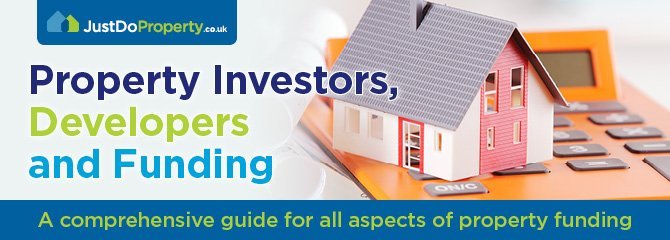
The subject of lease extensions can be complicated although as a leasehold approaches a minimum of 80 years to expiry it is something you will need to address. Traditionally leasehold properties are associated with flats although recently we have seen the introduction of more houses sold on a leasehold basis. In this instance we will look at the situation surrounding flats.
To put things into perspective, there are freehold and leasehold arrangements:-
- The freeholder owns the property and the land on which the property is built
- The leaseholder rents the property from the freeholder with a lease agreement which can be decades or even centuries long
80 YEARS!
If your lease is nearing 80 years, then alarm bells should be ringing! The general “tipping point” with regards to the lease holder property is 80 years at which point the sale value will start to decrease and mortgage funding may not be readily available. When you move into the realm of cash buyers you are also be opening yourself up to further discounts. A simple extension of the lease can have a major impact upon the value of a property in this situation and the security of the leaseholder going forward.
Your freeholder will be counting down the days in the hope that you will miss the deadline.
Extending your lease
There is a formal arrangement under which you can apply to extend the lease on your property – Chapter II, Part 1 of The Leasehold Reform, Housing And Urban Development Act 1993. Essentially, if you have owned a leasehold flat for a minimum of two years you can apply for a 90 year lease extension with a “peppercorn rent”. When you consider that the freeholder would retake ownership of the property on expiry of the lease there is a level of compensation afforded to the freeholder.
Reduction in property value
As a ballpark figure, each year on a lease with less than 80 years to expiry will see the sale price reduced by 1% of the market price. So a property worth £200,000 could conceivably be worth £20,000 less with a lease expiry of just 70 years compared to 80 years. This also brings into play what is known as a “marriage licence” which is activated when the lease has less than 80 years to expiry. If we take the example above:-
- A property with 80 year leasehold with a market value of £200,000 would have a theoretical sale value of £200,000
- The same property on 70 leasehold would still have a market value £200,000 but a theoretical sale price of £180,000 due to the reduced leasehold
As a consequence, the formal granting of a 90 year lease on a peppercorn rent would effectively see the leaseholder’s interest in the asset increase by £20,000. In order to rectify this imbalance, part of the granting of the lease extension would incorporate a “marriage value”, in this instance £20,000, which would be split 50/50 between the freeholder and the leaseholder.
Compensating the freeholder
Under the statutory obligation to extend the leasehold, as well as the “marriage value” there are also other compensating factors to take into consideration. These include:
- Compensation for loss of ground rent over the combined period of the years left to expiry on the original lease and extension. The cumulative value of this loss of income would be discounted using an arbitrary interest rate to arrive at a “present-day value”.
- Compensation for the diminution of the freeholder’s reversionary interest after the granting of a new lease.
The Leasehold Advisory Service is an official body set up to rule on the value of various elements of lease extension compensation. However, there is a common formula used to value the compensation element of a lease extension and in reality very few discussions end up at a Leasehold Advisory Service tribunal.
Another useful site is the Government’s Leasehold site.
Informal negotiations
Unfortunately, many people have entered informal lease extension negotiations and fallen foul of the small print. Under such an informal arrangement there is no obligation to offer a 90 year extension at a peppercorn rent. As a consequence, some leasehold arrangements can be altered so that the ground rent for example doubles every 10 years. This may seem minimal if you are paying for example £100 a year. But on a 100 year lease this would equate to £3200 a year after 50 years and a staggering £102,400 a year after 100 years. This is one of the common small print conditions introduced by some freeholders when looking at informal lease extension negotiations.
As a consequence, not only is it advisable to take legal advice when acquiring leasehold property but legal advice is essential when negotiating a leasehold extension. You do not have any legal protection when talking the informal route – be careful!
This article has not been written by Davis Blank Furniss LLP but if you wish to discuss this subject with a legal professional contact our legal expert, Richard Hamilton from Davis Blank Furniss LLP. Email: info@justoproperty.co.uk with the subject line Legal.
- Rental Market Sees Surge in Tenant Inquiries - May 2, 2024
- Rental Crisis: Less Than Half of Homes Ready - April 30, 2024
- Thinking Of Buying A Ground Floor Flat? Common Issues You Might Face - April 30, 2024


